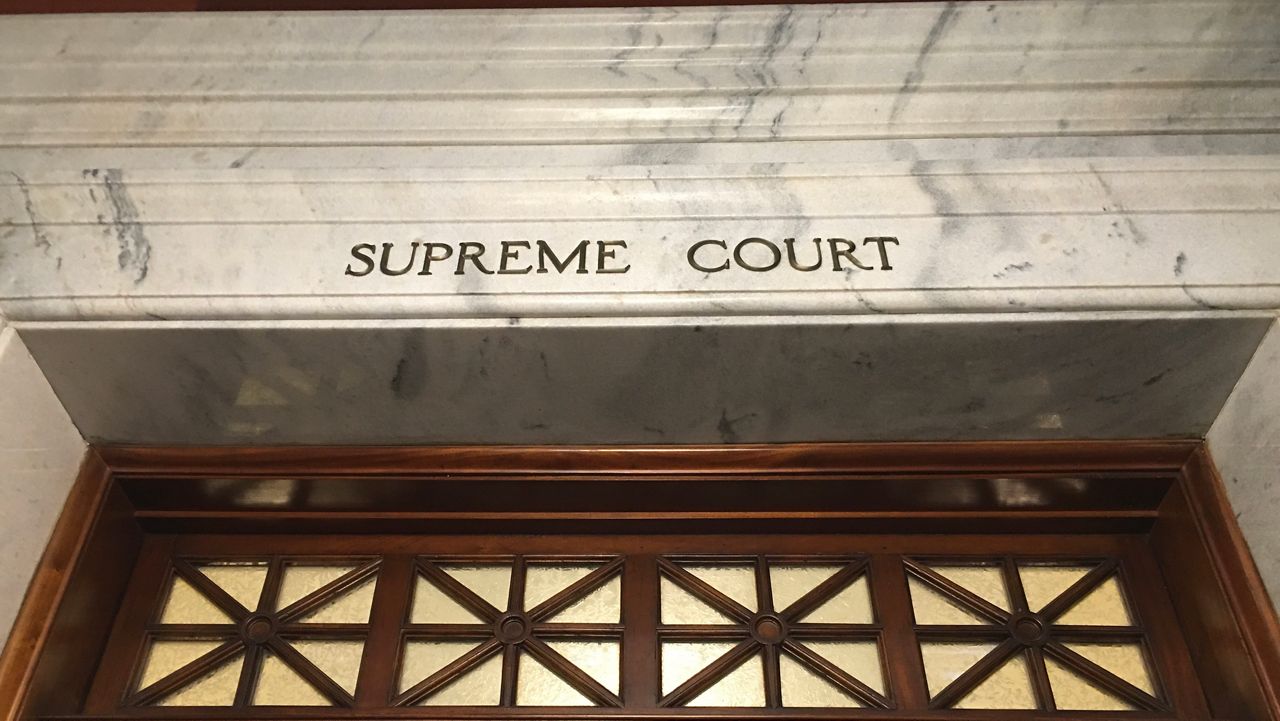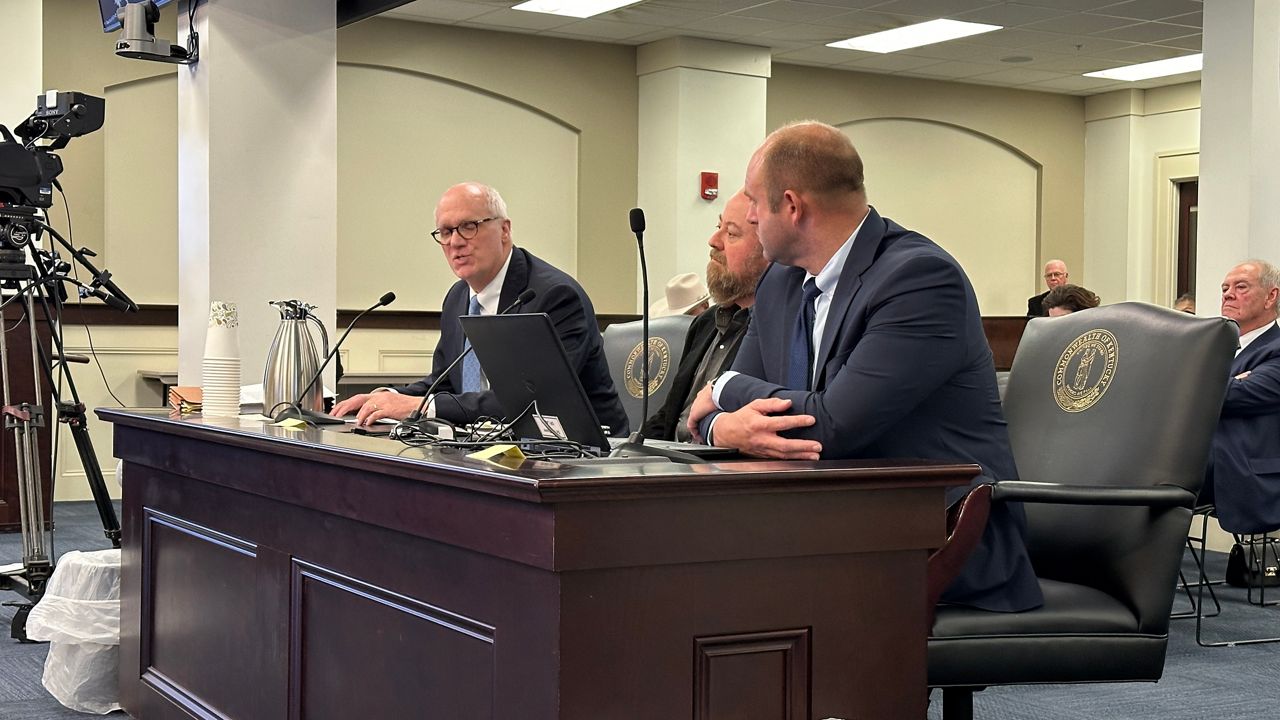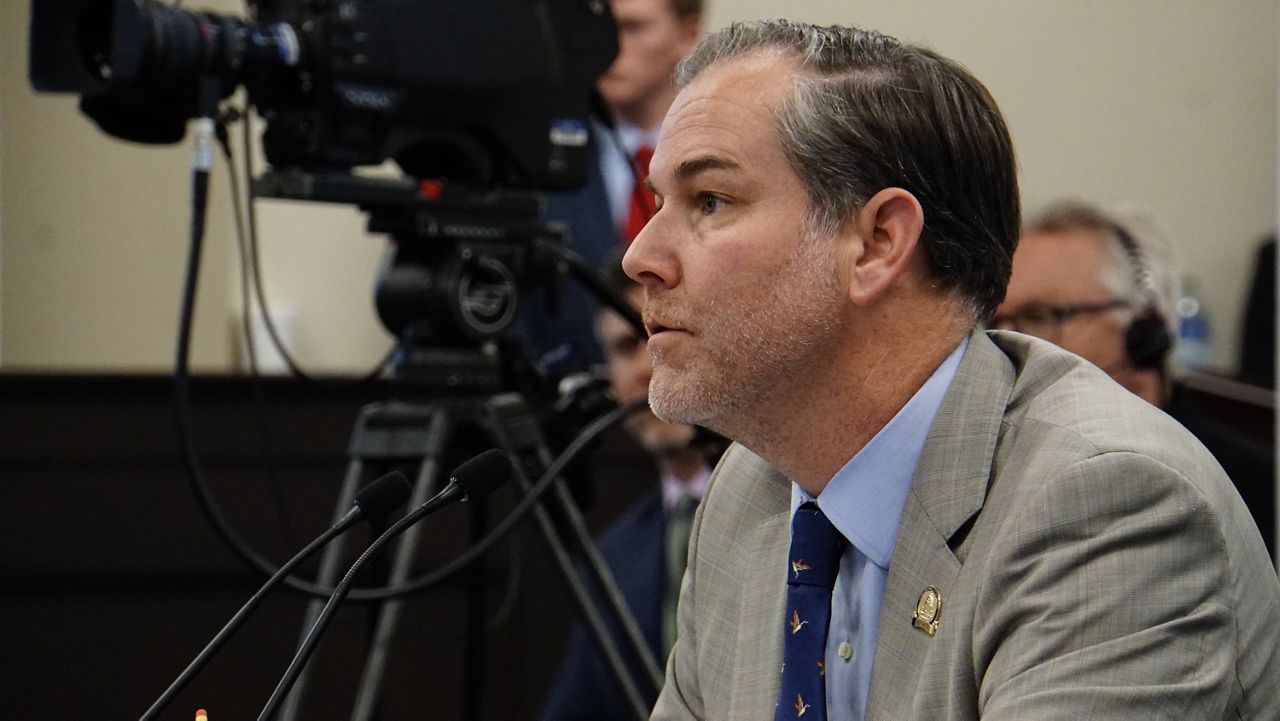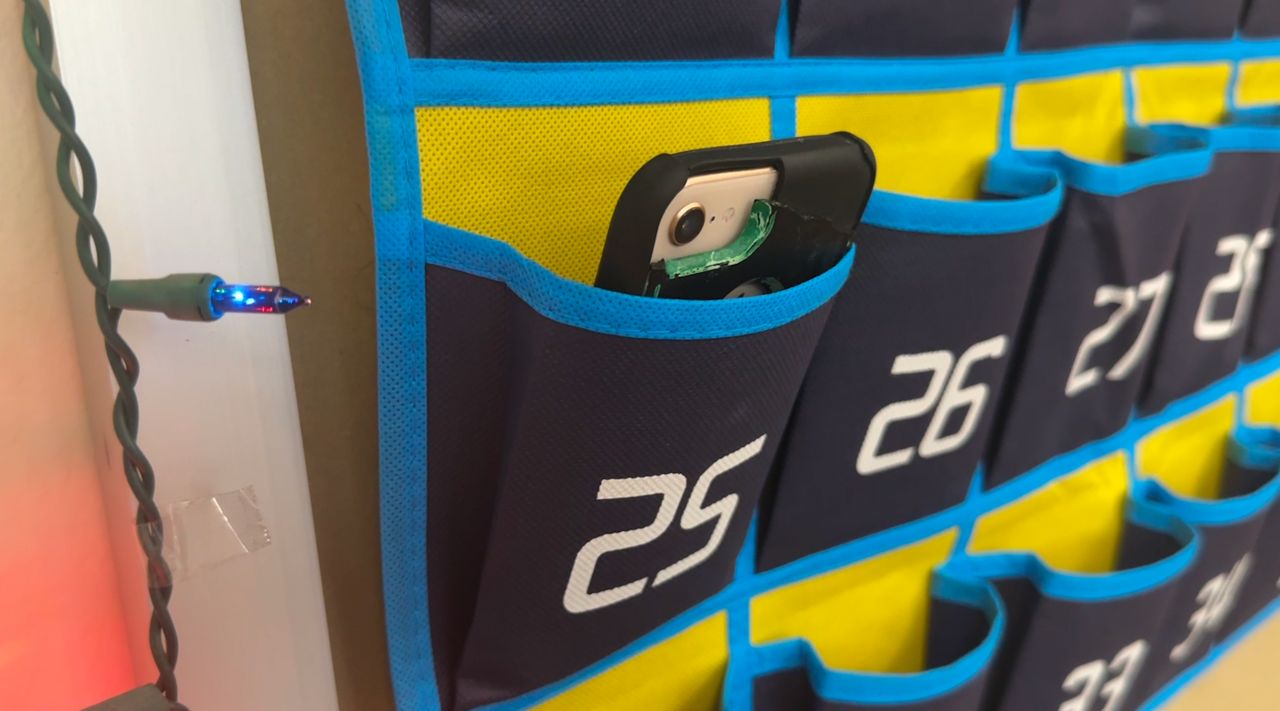LOUISVILLE, Ky. — The Kentucky Supreme Court heard arguments in a case between Attorney General Russell Coleman’s office and the Jefferson County Board of Education.
The hearing focused on three issues. The justices must decide if 2022’s Senate Bill 1 violates part of Kentucky’s constitution, whether the Board of Education could sue and whether the superintendent was a necessary party.
Senate Bill 1 would have limited how often the Jefferson County Board of Education could meet and it would require a two-thirds majority vote from the board to make any new rules. SB 1 would have also given the superintendent extra authority.
The attorney general’s office made its case first, and it said state lawmakers were in the right, but at least one justice wasn’t so sure.
Solicitor General Matt Kuhn said, "This court’s decision in Rose empowers the General Assembly to do exactly what it has done here. To look at the facts on the ground, and to make a judgment about how to best educate in a consolidated local government. This is a big deal, right? There are two…,”
Justice Michelle M. Keller said, “So the General Assembly, made up of representatives from all 120 counties, is better situated than the local school board representatives directly living in, probably some of them at least sending their children to the school, for which they’re elected to govern."
Kuhn replied, "So I think that’s a policy debate that the General Assembly gets to decide."
An attorney representing the school board argued a previous decision means Jefferson County can’t be treated differently than other school districts.
Attorney David Tachau said, "Now, the Attorney General dismisses all of that by saying, ‘Well the debate was fleeting.’ It wasn’t fleeting if you read the debate. The delegates to the Constitutional Convention actually considered a carve-out especially to allow special legislation for Louisville schools, exactly the kind of law we’re challenging today, and they specifically said no. So, we believe the clear record, the original intent behind Section 59, makes this an open-and-shut case."
Oral arguments will continue in Frankfort on Tuesday, Aug. 14.







